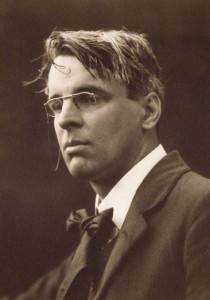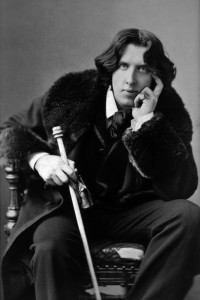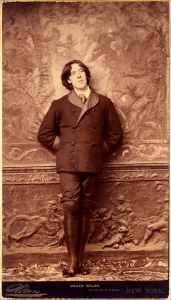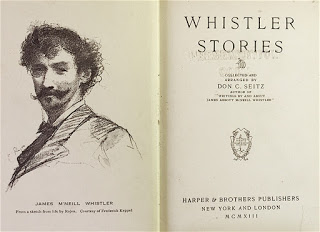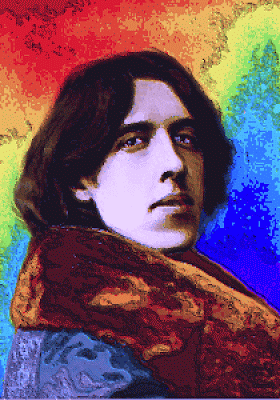As we on Jot 101 have remarked before, the catalogues of antiquarian booksellers are often a reflection of the tastes or fashion of the time among collectors. Books which today might be downgraded for various reasons were once highly prized, especially in first edition form. Writers who were once the height of fashion are now almost forgotten, while firsts by ‘ classic ‘ authors, though often sought after over many decades, do not always retain their monetary value in real terms. The catalogue issued by Maggs Brothers in 1909, which we recently unearthed in the archives at Jot HQ, is a case in point. Although the craze for ‘modern first editions ‘ had not really taken off , books by ‘ modern ‘ writers like William Morris and Oscar Wilde were beginning to be seen as modern classics and were priced accordingly. Classic ‘ Romantic ‘ authors, like Keats and Shelley, have always kept their value, but the prices of works by Charles Lamb have dipped in real terms since 1909, mainly due to the baleful influence of the critic Frank R. Leavis. The rise and rise of Jane Austen since 1909, mainly due to various TV and film adaptations, is probably unique among English novelists. In contrast compare the prices of work by George Meredith, then at the height of his popularity, but hardly read at all today.
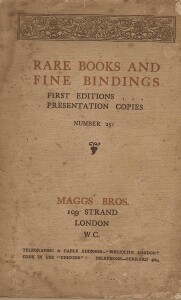
Books on certain sports have also become more sought after today. Not surprisingly, there is nothing on football or rugby, which were comparatively modern in origin, but plenty of rare material on cricket, horse-racing, angling, boxing and hunting. Of these only books on tennis and cricket, which are perhaps more popular today, seem to have increased in value.
With such a catalogue sometimes it’s good to play ‘Fantasy Book Buying ‘. This involves going back in time and seeking out bargains that one might have bought with our present day knowledge. Let’s start with Oscar Wilde. The great playwright and gay icon had only been dead for nine years, so wasn’t as appreciated as he is now. Continue reading

